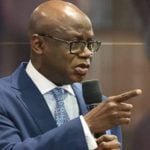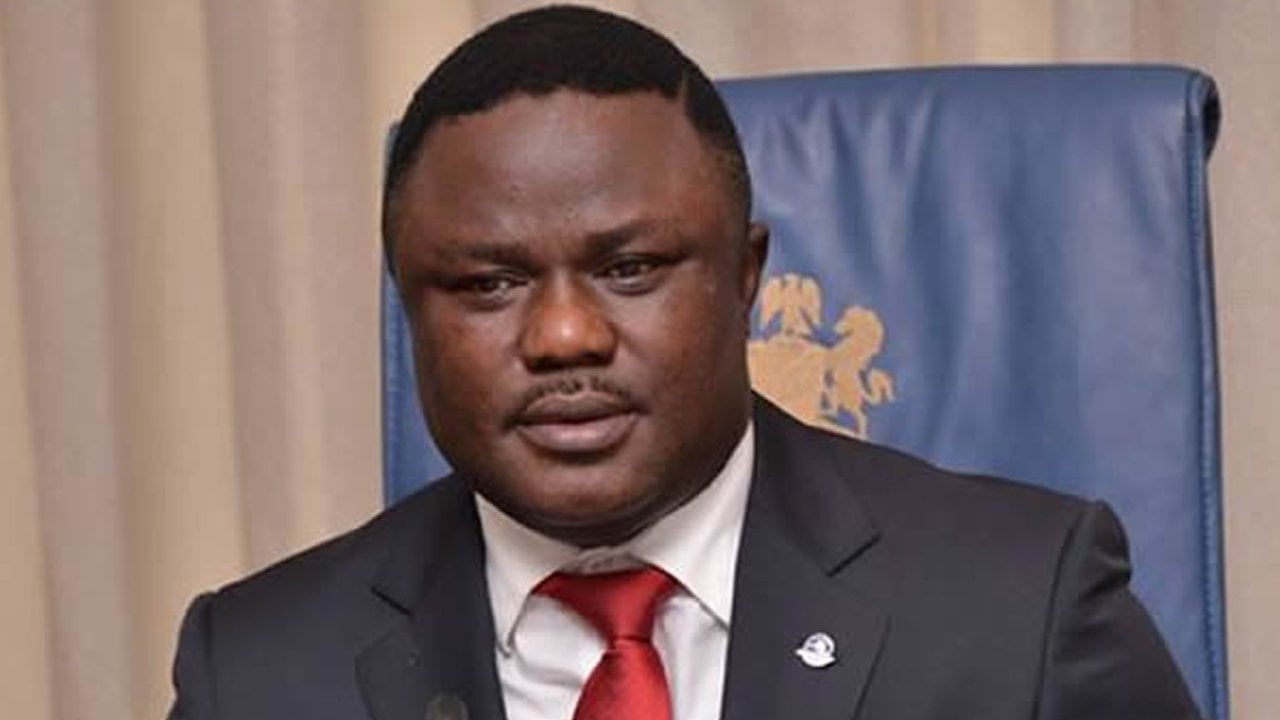The President, Major General Muhammadu Buhari (retd.), on Friday, gave reasons why the Federal Government could not increase public servants’ salaries despite its desirability.
A statement by the Special Adviser to the President on Media and Publicity, Femi Adesina, quoted Buhari as giving the reasons when he received the Central Working Committee of the Association of Senior Civil Servants of Nigeria at the State House, Abuja.
The statement was titled ‘Oronsaye report will lead to fundamental changes in our civil service, President Buhari assures’.
Responding to the committee’s request for the review of civil servants’ salaries, the President said while such a review was urgently needed due to global inflation, the Federal Government was working within tight revenue constraints caused by the diversion of resources to urgent security threats nationwide.
He stated, “I wish to urge you to appreciate the revenue constraint being presently faced by the government, which is caused mainly by the activities of unscrupulous citizens through the theft of our crude oil, a major contributor to our revenue base.
“This is compounded by the global economic downturn as a result of the ongoing Russian-Ukrainian war, which has led to price increases not just in the costs of goods and services globally, but also in the transportation of these goods and services across the globe.
“You are also aware of the enormous burden placed on our finances by the COVID-19 pandemic. Furthermore, let me note the significant investment we have had to make in security over the last seven years, which means other sectors of the economy have not been able to receive as much funding as we would have liked. Only when our country is secured that we are able to proceed and take on other aspects of our economic challenges.”
The President said he had directed that the Orosanye White Paper Report be subjected to immediate review for the Federal Government to implement its general recommendation.
Buhari, who stated that the review was about to be completed, said its implementation would bring some fundamental changes to the structure of the civil service.
Submitted in 2011, the report has been a subject of controversy as it proposes, among other things, the merging and outright scrapping of over 263 government agencies.
It also proposed that the law establishing the National Salaries and Wages Commission be repealed and its functions taken over by the Revenue Mobilisation and Fiscal Responsibility Commission to save the government N2bn.
While noting that public service, as the engine room of government, should attract the best and the brightest, the President said, “I have directed that the Orosanye White Paper Report be subjected to immediate review to enable the government to take the most appropriate decision on its general recommendation.
“I am aware that the review is about to be completed. While some may complain about the length of time it has taken thus far, the outcome of the various review teams will lead to some fundamental changes in the structure of our civil service and as such, it must be subjected to rigorous review and scrutiny before presentation and implementation.”
He explained that the Secretary to the Government of the Federation would submit the harmonised white paper once it had been concluded.
The President noted that his regime remained focused on strengthening the service and ensuring that it helps the government to fulfil its objectives.
He also appreciated civil servants for their role in realising the targets of the Federal Government.
The President also told the ASCSN that its request for restoration of the payment of gratuity to public service employees was one of the landmark provisions addressed in the 2004 Pension Reform Act.
He stated, “Therefore, implementing your request for the payment of a bulk sum of gratuity to retired civil servants would negate the intent and provisions of the Act.
“It should be acknowledged that a change in the implementation of the Act will require an amendment by the National Assembly. But more importantly, the Pension Reform Act is a better designed and robust system that allows for safety of pensioners’ funds and their payment.”
On the harmonisation of salaries in the public service, the President said a committee was set up for that purpose under the Minister of Finance, which was still working.
Buhari said the Head of Service of the Federation had been directed to liaise with other relevant government agencies to see how the 2023 budget estimates could accommodate an increase in the budget of the Federal Government Staff Housing Loans Board.
He explained that investment in security assets had been at a huge cost after several decades of negligence.
Buhari also expressed “unshaken” confidence in the Nigerian Armed Forces saying, “Recent reports have shown the message is now being heard and the dividends of our seven years of investments are now maturing.
“I implore our forces to continue with the current effort and determination until we rid our land of these miscreants.”
The Minister of Labour and Employment, Dr Chris Ngige, said members of the ASCSN had been supportive in actualising the programmes and policies of the regime, describing the leadership as mostly public servants who were vast in civil service procedures, adding, “So when you negotiate with them, it is easy; and when you make the right point, they know.”
The President of the ASCSN, Dr Tommy Okon, had earlier noted that the regime had been “worker-friendly” with the implementation of far-reaching reforms.
He called for an increase in salaries of civil servants, following increasing cost of living, restoration of full payment of gratuity at retirement, harmonisation of public service salaries and allowances, and increase in the budget of the National Housing Fund.






